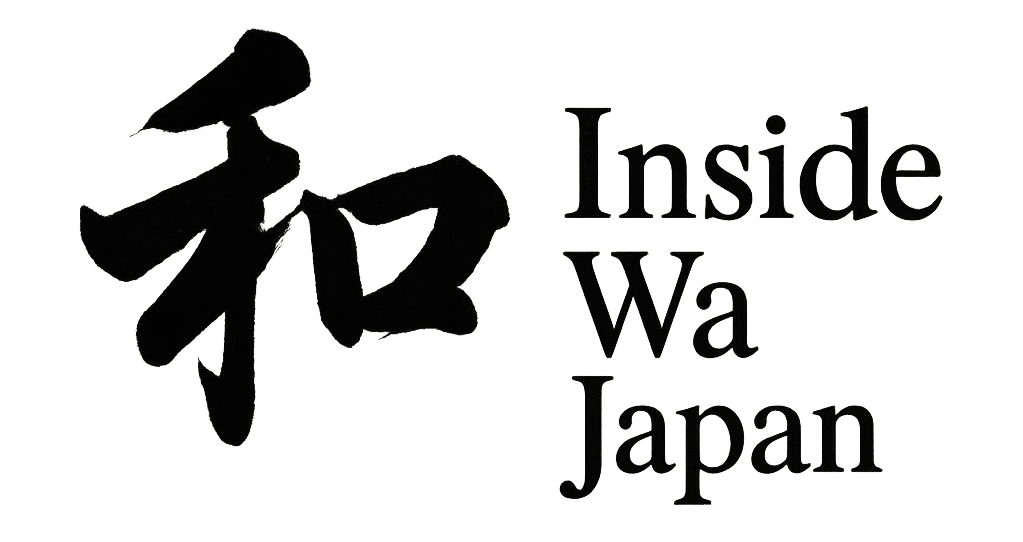Japanese Customs & Daily Etiquette
Learn the unspoken rules of daily life in Japan
Common Japanese Customs
Bowing
A sign of respect, used for greetings, thanks, apologies, and requests. Learn the types and occasions.
Shoes Off Indoors
At homes and some public places like temples and traditional inns, removing shoes is a must.
Quiet Public Behavior
Keeping noise to a minimum on trains or in public is seen as polite and considerate.
Gift Giving Culture
Gift exchange is important in personal and business relationships. Wrapping and timing matter too.
Table Manners
No tipping, don't stick chopsticks upright in rice, and say "Itadakimasu" before eating.
Public Bathing Etiquette
Onsen and sento have specific rules like washing before entering and no towels in the bath.
Queueing in Lines
People in Japan form orderly lines in public places like train stations, bus stops, and elevators. Cutting in line is considered rude.
Using Both Hands
When giving or receiving items like gifts or business cards, it is polite to use both hands as a sign of respect.
No Tipping Culture
Unlike many countries, tipping in Japan is not customary and may even be refused. Excellent service is part of the standard.
Handling Money with Trays
In shops and restaurants, customers place money on a small tray rather than handing it directly to staff.
Avoiding Loud Conversations
Speaking loudly in public—especially on trains or in quiet restaurants—is frowned upon. Keeping a low voice is respectful.
Seasonal Greetings
Japan values seasonal expressions like “Akemashite omedetou” (Happy New Year) or “Otsukaresama” (thank you for your efforts).
🌟 Quick Tips for First-Time Visitors
- 👜 Always carry a small bag for trash – public bins are rare.
- 💴 Cash is still commonly used – carry yen.
- 🤝 Use both hands when giving or receiving items.
- 📵 Silence your phone on public transport.
- ⏰ Be punctual – time matters in Japan.
